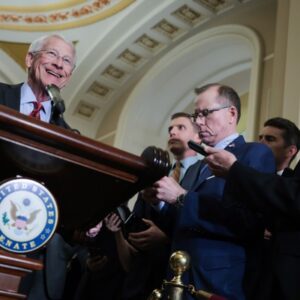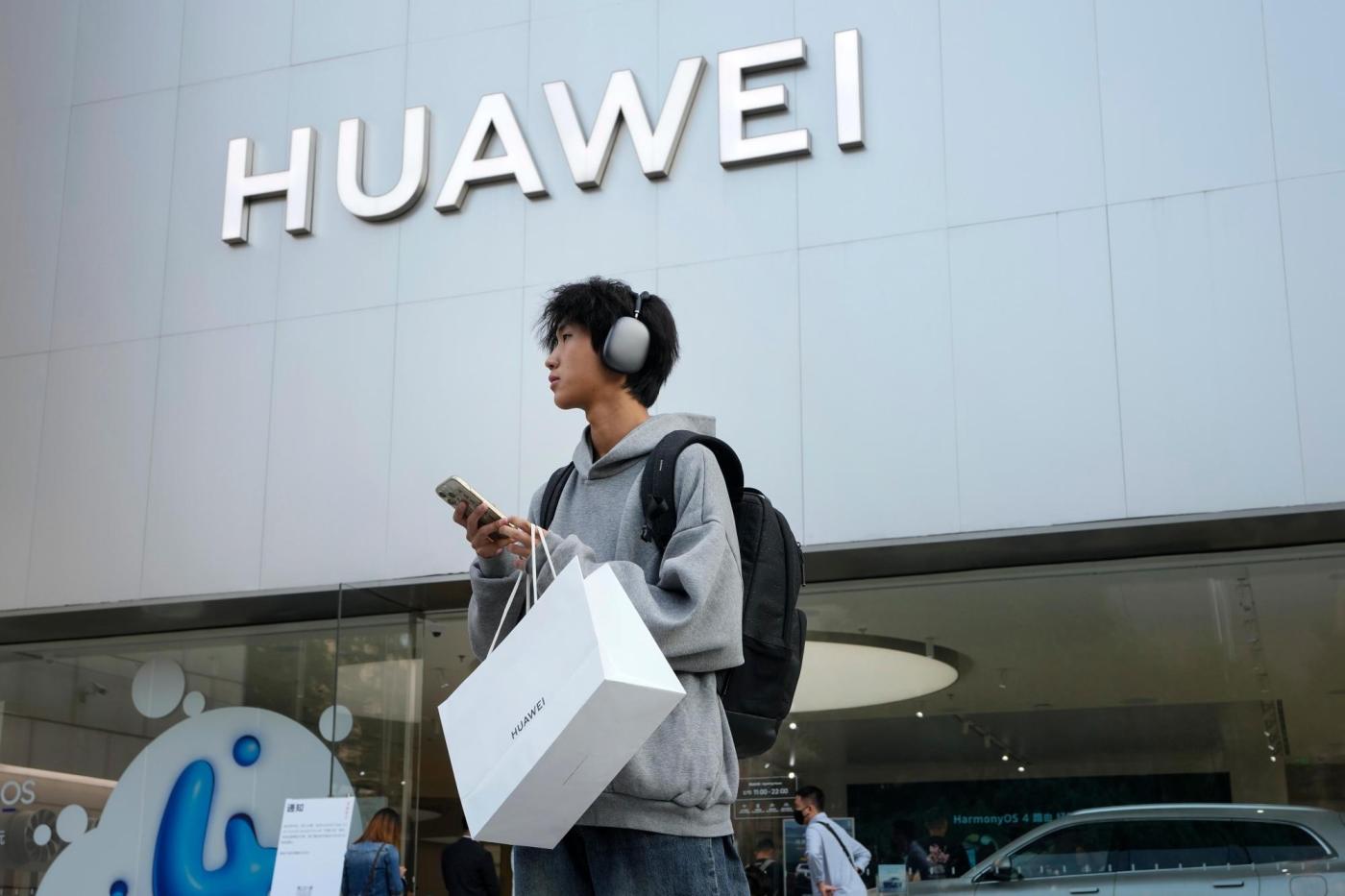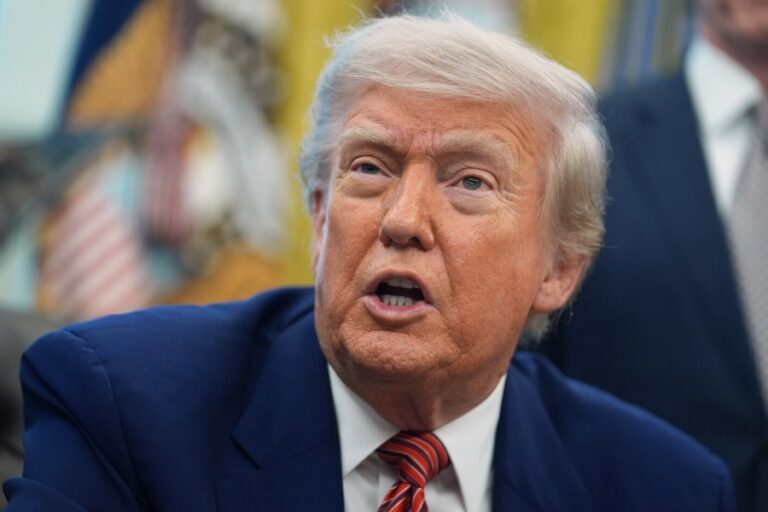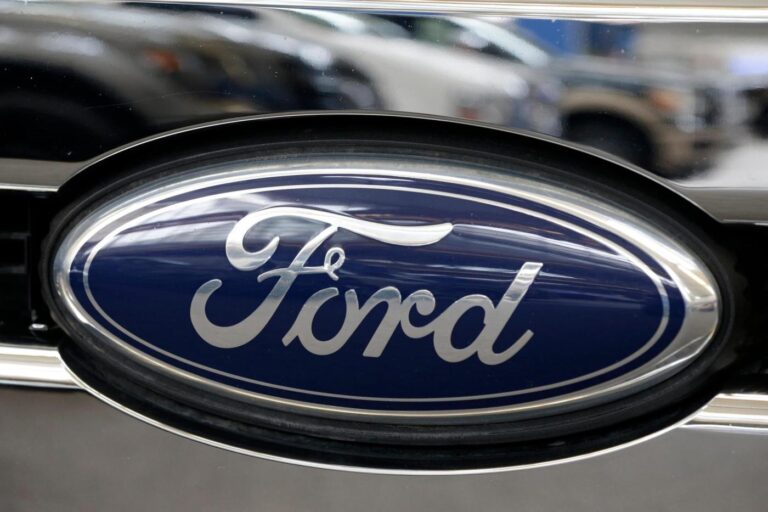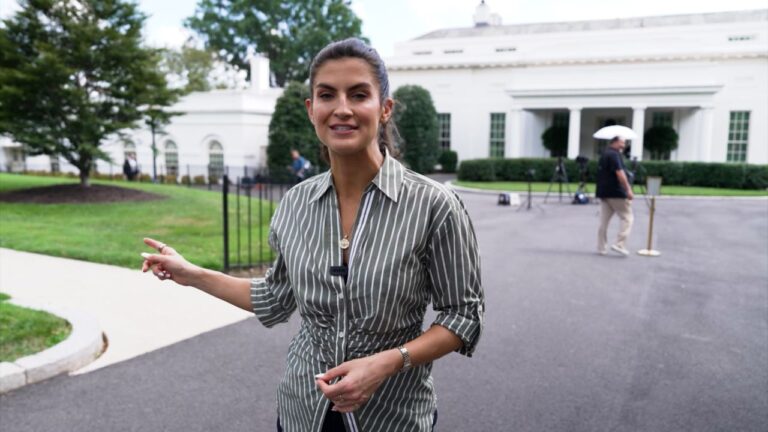BANGKOK (AP) — A U.S. judge has ruled that Huawei Technologies, a leading Chinese telecom equipment company, must face criminal charges in a comprehensive case alleging it engaged in racketeering, wire and bank fraud, and other crimes. U.S. District Judge Ann Donnelly on Tuesday dismissed Huawei’s request to drop the allegations in a 16-count federal indictment, stating in a 52-page ruling that the company’s arguments were premature.
The indictment accuses Huawei and some of its subsidiaries of plotting to steal U.S. trade secrets, installing surveillance equipment that enabled Iran to spy on protesters during the 2009 anti-government demonstrations, and conducting business in North Korea despite U.S. sanctions. The company has not yet responded to requests for comment on the ruling.
Background and Allegations
The charges against Huawei have roots in actions taken during the Trump administration, which raised national security concerns and urged Western allies to exclude Huawei from their wireless, high-speed networks. In January 2019, the Justice Department accused Huawei of using a Hong Kong shell company, Skycom, to sell equipment to Iran in violation of U.S. sanctions. Huawei’s Chief Financial Officer, Meng Wanzhou, was charged with fraud for misleading HSBC about the company’s business dealings in Iran.
Meng, who is the daughter of Huawei’s founder, was arrested in Canada in late 2018 at the behest of the U.S. and was later released in September 2021 as part of a high-stakes prisoner swap that also freed two Canadians detained by China.
International Tensions and Economic Implications
Chinese officials have accused the U.S. government of “economic bullying” and of improperly using national security as a pretext to “oppress Chinese companies.” Huawei’s lawyers argued that the U.S. allegations were vague and “impermissibly extraterritorial,” claiming they did not involve domestic wire and bank fraud.
Huawei, the world’s largest maker of network gear, has struggled to maintain its market share under sanctions that have restricted its access to most U.S. processor chips and other technology. These limitations have prompted the company to accelerate its own development of computer chips and other advanced technologies.
Strategic Shifts and Future Prospects
In response to the ongoing sanctions, Huawei has shifted its focus to the Chinese market and to network technology for hospitals, factories, and other industrial customers. The company is also exploring products that would not be impacted by U.S. sanctions.
According to industry experts, Huawei’s strategic pivot could help it maintain a foothold in the global market despite the challenges posed by U.S. restrictions. However, the company’s ability to innovate and adapt will be crucial to its long-term success.
“Huawei’s situation highlights the complex interplay between technology, geopolitics, and international trade,” said a leading tech analyst. “The company’s future will largely depend on its capacity to navigate these turbulent waters.”
The ongoing legal battle and its implications for U.S.-China relations remain a focal point for international observers. As the case proceeds, it could set significant precedents for how international businesses navigate the intersection of technology and geopolitics.
While the legal proceedings continue, the outcome of Huawei’s case could have far-reaching consequences for the global tech industry and international trade policies. Observers will be closely watching how this case unfolds and its potential impact on global market dynamics.

